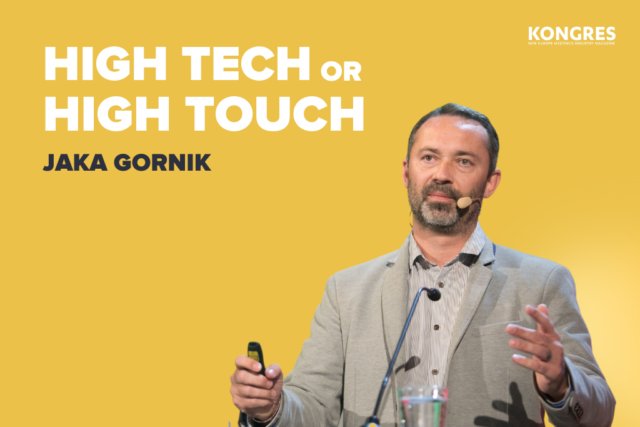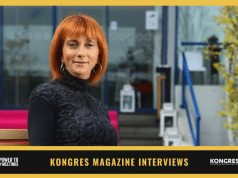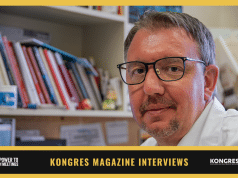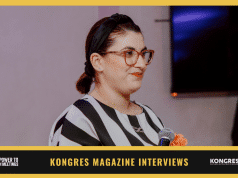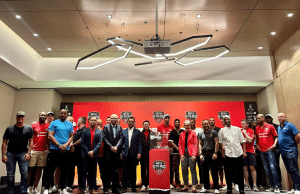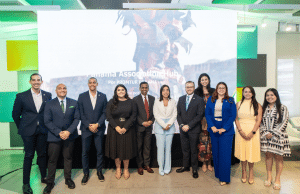“content is king – it keeps participants in front of the screens for longer”
Q: What do you desire the most at the moment?
It is certainly my desire for the meetings industry to start establishing itself back as soon as possible and consequently to grow. It is important that the health situation improves to the point that at least hybrid events can be organised. This means that part of the event is organised for a live audience, while the other part takes place online. We want our clients to acknowledge the current reality and the fact that the ways we were used to until now, will no longer work. It will be necessary to adapt and with reshaped concepts of events, to achieve the KPIs they have set for themselves as a company.
Q: Why do you love organising events?
Organising events has its charm mainly because every event is different, and you never get caught up in the same pattern. There is a lot of communication and dynamic energy in the very process of the organisation. You meet new people all the time, expand your knowledge and in this way you also grow personally. That’s what keeps me alive.
Q: Can you present the tool or app you use the most during the corona crisis?
We use various tools for internal communication within the team. Teams have proven to be a good platform for us to exchange documents and work as such, while we use FB chat and Zoom in everyday communication. However, during the first wave of the epidemic, we found that these tools are great for communication, but they are not the most suitable for organising events. That is why we have developed the first Slovenian online event platform Confiva, which enables our clients to organise events professionally. During this time, we have invested a lot of energy and time in educating people in this field. You can certainly find parallels on global platforms like Brella and HopIn, but of course, we swear on our platform. ☺

Q: How would you explain to a client why organising events is essential?
It is really important that, regardless of the current situation, companies stay in touch with their clients and target groups, because only in this way can they pass on new information and encourage them to engage in buying. In fact, in live events, we mostly worked on the emotional aspect of the event visitor, and in online events, the content is the king – as it attracts people to the event and keeps them in front of the screens for longer. Clients also have more statistics available through digital tools, so they can optimize sales processes and thus be more pervasive.
Q: Is it easier to organise digital or live events?
Each of them has its own specifics. Regardless of the fact that the event is online, it is still necessary to prepare the concept, content, script, communicate with the speakers, … the vast majority of the work remains the same as in the live event. We must also take care of video production and directing at both live and online event. However, in a completely online event, we avoid coordination with the location, catering … In the case of a hybrid event, of course, all of the above is on the “to do” list. It’s really hard to say that one is harder than the other, as there are specifics to each of them.
Q: Is organising digital events cheaper than organising classic events?
The main question is: for what type of event? In general, we could say that in an online event we avoid the costs of accommodation, location, transportation, food, … but even this is not necessarily true. After all, digital events are also extremely different from each other. In the case of hybrids, however, these costs remain anyway.
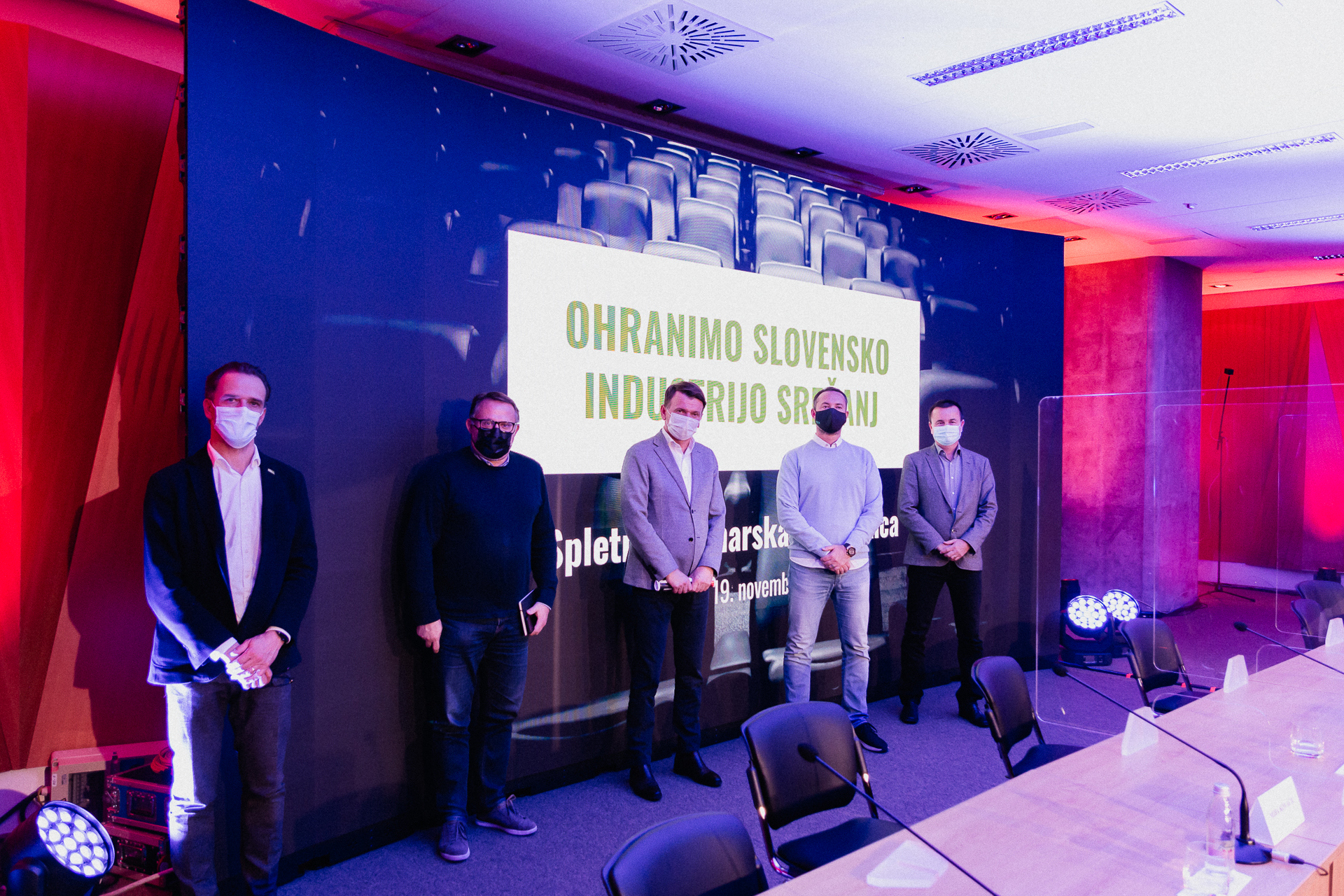
“it is crucial that we build on long-term partnerships”
Q: If the future of the meetings industry will be green, where do we start?
First and foremost, it will be necessary to create conditions for the organisation of both hybrid and live events. We are currently trying to keep as many people as possible in the agency because we are talking about people with specific skills for which there is no school that would provide this knowledge – it is passed on primarily through mentoring. Cooperation with the government, especially with the Ministry of the Economy is also extremely important. Together, we must strive to ensure proper hygienic standards and provide people with safe environments for organising events. Once this is established, however, it would be necessary for the state to provide appropriate subsidies for the organisation of events. That will help both the meetings industry and all companies that need events for their normal operation.
Q: What will be the key trait of a great event organiser after the corona crisis?
Most of all, that we will get used to the new reality and will no longer dream in the old frameworks of thinking. It will be necessary to monitor and implement global trends in our country, as well. Maybe I could say that flexibility will really be crucial. In addition to widening our own horizons of knowledge, we will certainly devote a lot of effort to educating clients in this field, as only in this way will we be able to return to the previous level of business success.
Q: What is the most surprising fact about organising events?
A large number of people are involved in organising events, whether live or online, so it’s hard to influence all things, and there is always an element of surprise. In fact, you never know very well what awaits you. That is why it is really important that we build on long-term partnerships, both with clients and subcontractors. By defining responsibilities and expectations, we can build on trust and thus also eliminate the element of surprise.
EXTRA QUESTION FOR JAKA
Q: High Tech or High Touch?
I would rely on tech with a lot of high touch.


